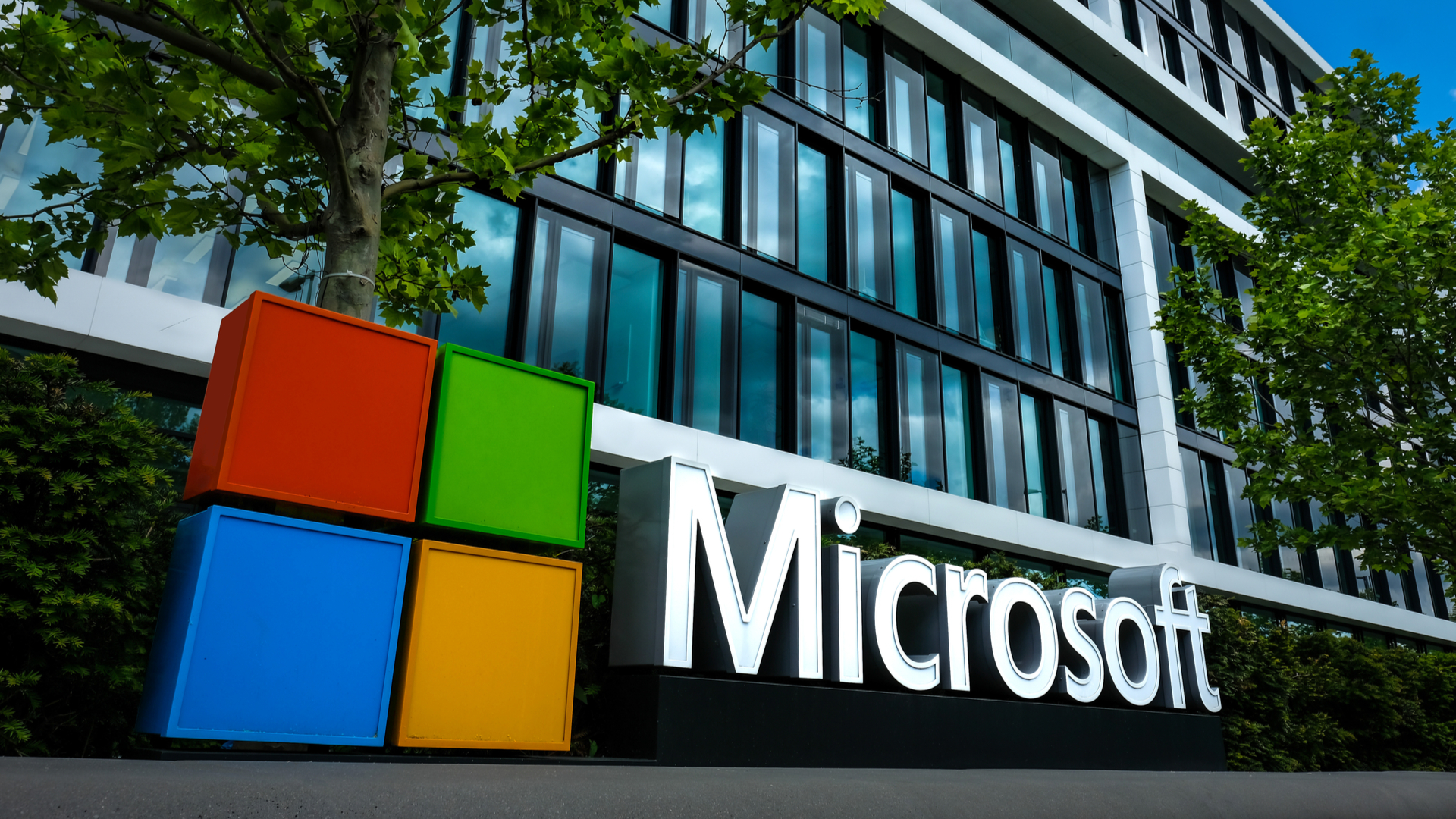Bad news, Windows 11 users: ads are coming to the Start menu, but there’s something you can do about it
Windows 11 update: say hello to Start Menu ads

Sign up for breaking news, reviews, opinion, top tech deals, and more.
You are now subscribed
Your newsletter sign-up was successful
Microsoft seems intent on pushing its luck with its users, as it’s just released an optional Windows 11 update (KB5036980) which adds yet more adverts to the Windows user interface (UI) in the Start Menu - a move that hasn’t gone down at all well with many people.
The update is available for users running Windows 11 version 23H2 and 22H2 in Windows Update, and it’s also available to download directly from its Update Catalog.
If you’d like to install the update using Windows Update, follow these steps:
1. Go to Settings > Windows Update.
2. Click ‘Check for updates.’
3. After your system detects the availability of the update, click ‘Download & Install.’
The patch should appear with the full name “2024-04 Cumulative Update for Windows 11 Version 23H2 for x64-based Systems (KB5036980).”
Sign up for breaking news, reviews, opinion, top tech deals, and more.
For the moment, this is an optional update that will advance Windows 11 23H2 to Build 22631.3527 and Windows 11 22H2 to Build 22621.3527. This release is the last patch in Microsoft’s April 2024 update cycle, and if you forgo the optional update, you will get what’s included in a mandatory update on May 2024’ ‘Patch Tuesday’ - a monthly event where Microsoft releases a variety of software updates for its products.

The most talked about part of the update
This optional update has already proved controversial because it brings ads to the Start Menu – seemingly for all users. Windows Latest writes that Windows 11 users can expect adverts to begin appearing at the tail end of May.
A screenshot of the optional update shared by Windows Latest shows the Start Menu featuring a new ad for a third-party app, the Opera browser, neatly tucked in the Recommended section. There’s a little disclaimer underneath that says “Promoted” and an Opera tagline, “Browse safely.” Apparently, a similar ad for another service, Password1 Manager, was also spotted.
You might already be feeling uneasy about this, but there is some reassuring news. If you dislike seeing the ads, you can turn them off by doing the following:
1. Go to Settings > Personalization > Start.
2. Turn off “Show recommendations for tips, app promotions, and more” by switching the toggle off. "

Questioning Microsoft's strategy
This optional update also adds app recommendations to the Start menu, and this section will include ‘promoted’ apps that are essentially more adverts. This ‘Recommended’ section is supposed to show the best apps from the Microsoft Store that might enhance users’ experience.
The optional update will also include a new taskbar widget icon that will no longer appear pixelated and more options for lock screen management, giving users greater control over lock screen widgets in particular.
I’m not too fond of this move from Microsoft, but I guess it’s not as egregious as it could be. That’s not me trying to encourage Microsoft to push its luck further, and I think this move could already cause a lot of bad will with users, but at least you can turn it off.
Microsoft is also testing putting Xbox Game Pass ads in the Settings app, and some observers have called the approach billboard-like. Features like the Start menu and the Settings app are key parts of Windows 11, and having to see ads in important places like that can feel intrusive and disruptive. I personally hope Microsoft considers reversing its decision on this, as I don’t like that Windows 11 is becoming just one more aspect of my life where I can’t escape advertisements – and I’m sure I’m not alone.
YOU MIGHT ALSO LIKE
Kristina is a UK-based Computing Writer, and is interested in all things computing, software, tech, mathematics and science. Previously, she has written articles about popular culture, economics, and miscellaneous other topics.
She has a personal interest in the history of mathematics, science, and technology; in particular, she closely follows AI and philosophically-motivated discussions.